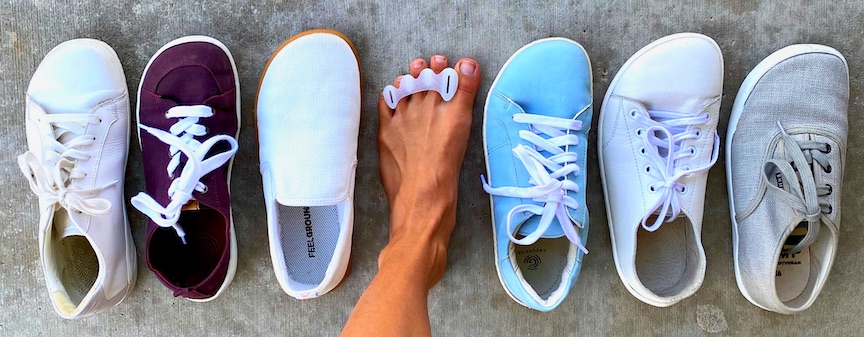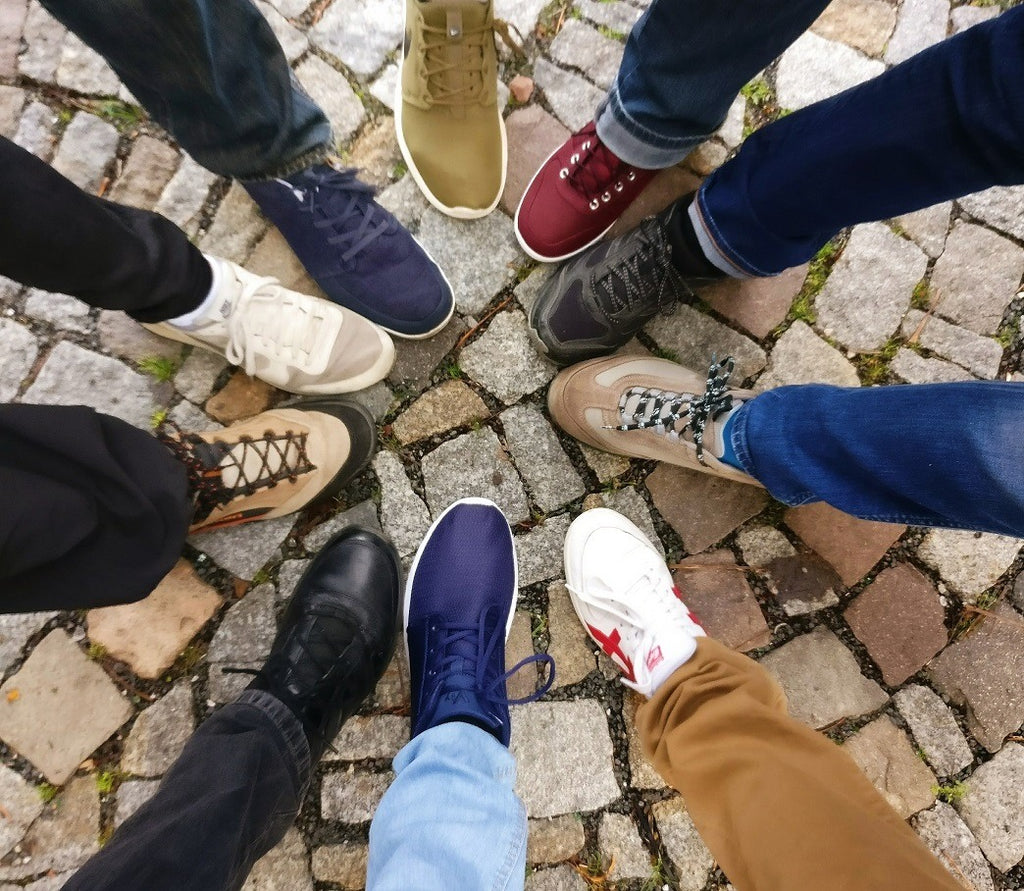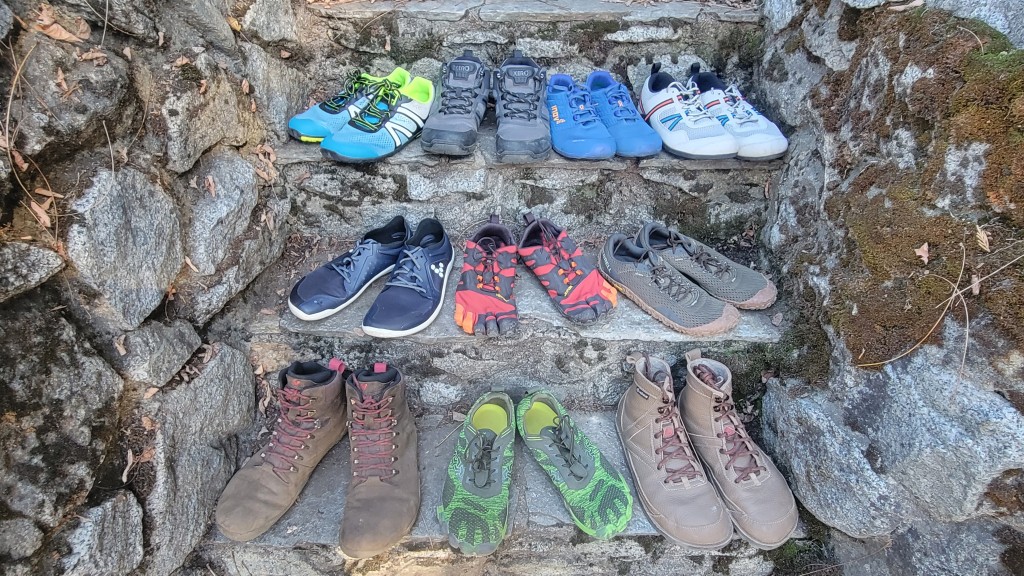In recent years, barefoot shoes have gained significant traction in the footwear market, especially within the United States. As more people seek comfort, functionality, and style, it raises the question—are barefoot shoes good for everyday use? This comprehensive guide will explore the features, benefits, and potential downsides of barefoot shoes, as well as real-world experiences from users across the country.
Understanding Barefoot Shoes
What are Barefoot Shoes?
Barefoot shoes, also known as minimalistic shoes, aim to mimic the natural structure and function of the foot. Unlike traditional footwear, which often includes cushioning and arch support, barefoot shoes feature thin soles, a wide toe box, and little to no heel elevation.
History of Barefoot Footwear
The concept of barefoot footwear has roots in ancient practices where people would often go without shoes. The modern movement, however, gained momentum in the early 2000s with the publication of books like “Born to Run” by Christopher McDougall, which highlighted the benefits of natural movement and running.
Benefits of Barefoot Shoes for Everyday Use

1. Improved Foot Strength
One of the primary benefits of barefoot shoes is the potential to strengthen foot muscles. With less support, the foot engages more during walking and running, leading to stronger muscles and ligaments.
2. Enhanced Balance and Proprioception
Proprioception is the body’s ability to sense its position in space. Barefoot shoes provide a better ground feel, which can enhance balance and foot awareness, making them an excellent choice for activities that require agility.

Considerations Before Choosing Barefoot Shoes
1. Transition Period
Transitioning from traditional shoes to barefoot shoes should be gradual. Many users report soreness in their feet and calves as they adapt to the change.

2. Foot Type and Gait Analysis
Not everyone will benefit from barefoot shoes. Individuals with certain foot conditions or biomechanics may need to consider their foot type before making a switch.
Real-World Experiences: Case Studies

Case Study 1: Emily’s Journey
Emily, a long-time runner from California, transitioned to barefoot shoes after experiencing chronic foot pain. She shared her story and noted improved comfort and a decrease in injuries.
Case Study 2: James’s Daily Wear
James, a graphic designer in New York City, advocates for barefoot shoes in his daily life. He appreciates their style and how they complement his casual wear while providing comfort during long hours of sitting and working.

Comparison of Popular Barefoot Shoe Brands
| Brand | Model | Rating | Price | Best For |
|---|---|---|---|---|
| Vivobarefoot | Primus Lite | 4.8/5 | $130 | Everyday wear, running |
| Merrell | Vapor Glove 4 | 4.5/5 | $100 | Trail running |
| New Balance | Minimus 10v1 | 4.4/5 | $130 | Cross-training |

Tips for Wearing Barefoot Shoes Daily
1. Start Slowly
Begin by wearing them for short periods to allow your feet to adjust.

2. Listen to Your Body
If you experience discomfort, consider adjusting your usage or consulting a professional.
Pros and Cons of Barefoot Shoes
Pros
- Promotes natural foot movement
- Improves muscle strength
- Increases sensory feedback
- Lightweight and flexible
Cons
- May not provide adequate support for everyone
- Possible discomfort during the transition
- Limited cushioning for long-distance walking
FAQs about Barefoot Shoes
1. Can barefoot shoes help with foot pain?
Many users report reduced foot pain after transitioning to barefoot shoes, but results may vary.
2. Are barefoot shoes good for running?
Yes, many runners prefer barefoot shoes for their lightweight feel and natural motion.
3. What is the best way to transition to barefoot shoes?
Gradually increase wearing time and listen to your body’s signals.
4. Do barefoot shoes have arch support?
Most barefoot shoes offer minimal to no arch support, promoting natural foot function.
5. Are barefoot shoes suitable for all foot types?
Not necessarily; it’s essential to consider your foot type and consult a professional if unsure.
6. How do I clean my barefoot shoes?
Most can be washed with mild soap and water; refer to the manufacturer’s instructions for specific care.
7. Can I wear barefoot shoes all day?
While many do, it’s essential to ensure comfort and adjust based on individual needs.
8. What to look for when buying barefoot shoes?
Consider fit, flexibility, width, and intended use to find the right pair for you.
9. Do barefoot shoes come in different styles?
Yes, there are various styles, including sandals, sneakers, and hiking shoes.
10. How do barefoot shoes compare to traditional running shoes?
Barefoot shoes have less cushioning and support, promoting a more natural foot strike.
11. Where can I buy barefoot shoes in the U.S.?
They are available at specialty running stores, online retailers, and the websites of popular brands.
For additional information, you can visit the American Podiatric Medical Association at apma.org.